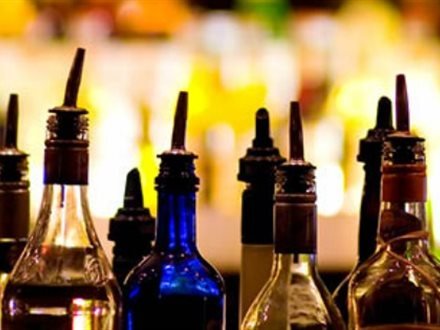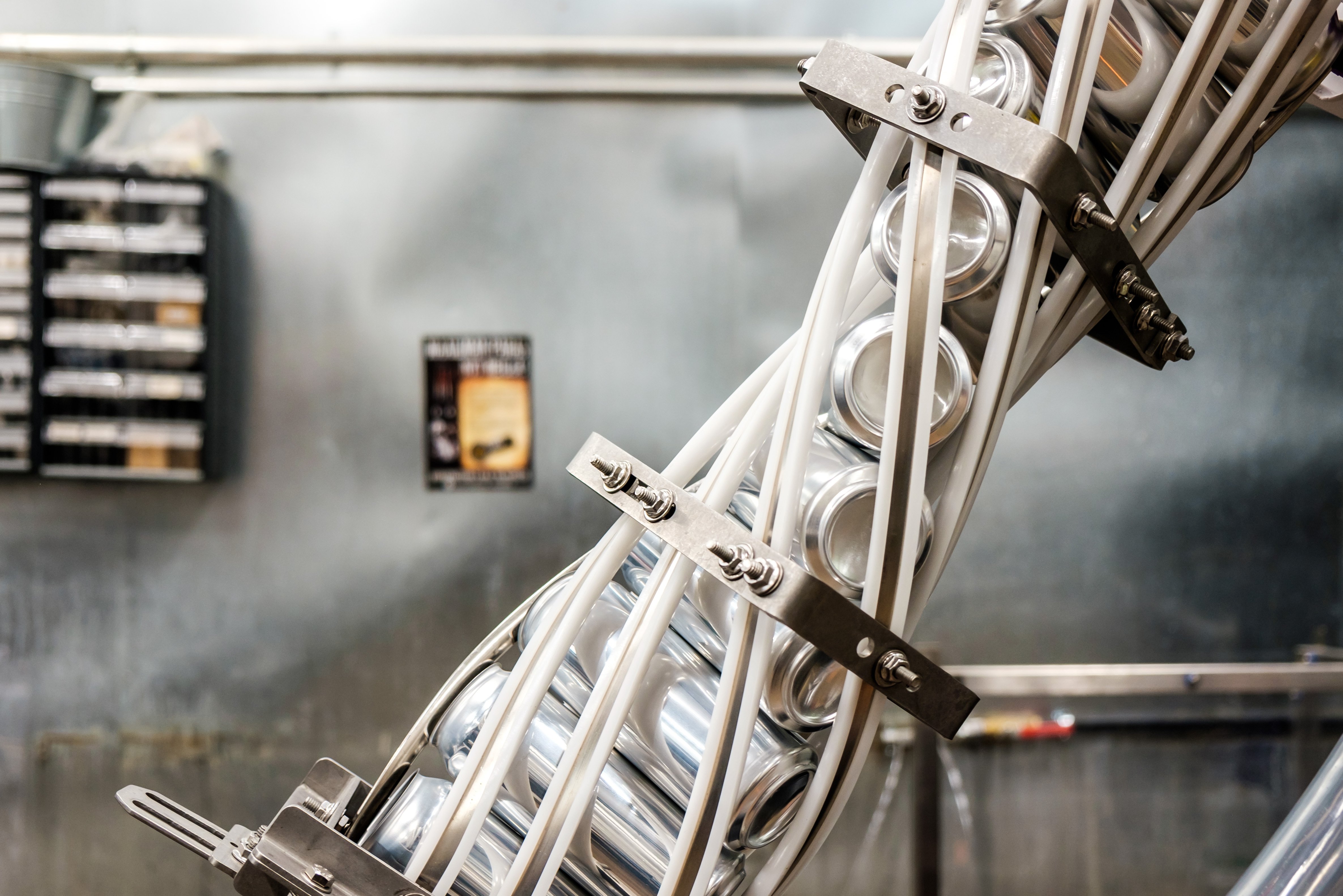Queensland is following NSW tough stance on alcohol-related violence, with new drinking laws taking effect this weekend.
From July 1, no shots are allowed to be served after midnight and no alcoholic beverages are allowed to be served after 2am (venues can apply for a 3am extension).
Daniel D'Hotman argues in a Brisbane Times article that the lockout laws "represent awful public policy and are not the solution to alcohol-related violence."
"Unfortunately there is very little evidence that lockout laws work," he writes. "A 2014 Australian Institute of Criminology study concluded that lockout laws have mixed or uncertain results. In Melbourne, their implementation in 2008 led to an increase in assaults between midnight and 4am, and the legislation was ditched three months later.
"At the time, many claimed that these 'soft' tactics didn't go far enough. But what followed was a drastic reduction in violence. And now Melbourne boasts a thriving nightlife scene on par with any international city."
D'Hotman adds: "The nightlife industry in Queensland is worth more than $720 million per annum and contributes significantly to government coffers and the economy. Further, rates of alcohol related violence in Queensland have steadily declined over the last year. The Labor government could have introduced progressive measures that protect partygoers whilst still allowing the nightlife industry to thrive. Instead, they've opted for a headline grabbing 'solution' with less than convincing evidence to support its effectiveness, all the while refusing to engage in dialogue with industry leaders.
"Queensland's decision to implement lockouts is disappointing. Governments should be proactive, not reactionary. Finding answers to the problem of alcohol-related violence is more complex than simply restricting trading hours. We need further research into the issue, as well as cooperation between the nightlife industry and members of the community. What we don't need is a law that is ineffective, potentially harmful, and detrimental to the economy. Unfortunately Queensland is getting just that."
Share the content










